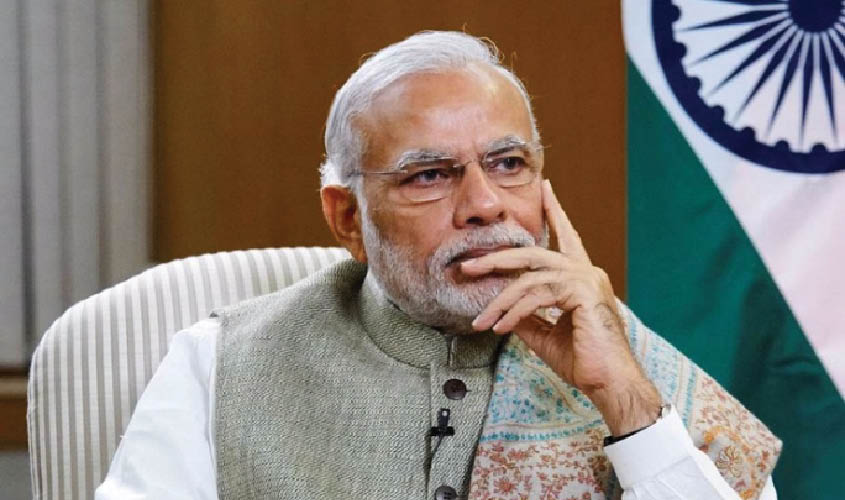Even at this final stage of the government’s term, sincerely prosecuted cases need to get started against not only central but also some state satraps.
When voters chose Narendra Modi to be the Prime Minister of India by voting in the BJP in 2014, they did so to better ensure the double digit growth that stability and social justice in the country needs. Thus far, this expectation has gone unrealised. For starters, the BJP allowed a full ten days (16-26 May 2014) to the outgoing UPA administration to tidy up records, make last-minute adjustments, do last-minute favours, and almost certainly collate and collect whatever material was available in the files on incoming BJP luminaries as would serve as a deterrent to action against the outgoing UPA ministers and their remote control switches. Of course, the NDA claim is that the reason
The Indian Express published on its 3 December front page how an income-tax report on Nirav Modi was not circulated to other authorities so that the man could have been apprehended before fleeing the country eight months later. If no action has been taken on those responsible for concealing such a report (or in promoting and rewarding the authors of it), this is a dereliction of duty, a lapse that the “Chowkidar-in-Chief” needs to punish. Lakhs of crores have been written off as NPAs. A success story has been the recovery of loans given to Essar Steel. The promoters have now bid nearly a billion dollars more than Arcelor-Mittal for their own steel plants. Either Arcelor-Mittal should match the higher bid, or the plants should go back to Essar. In the same way, should Vijay Mallya pay back not just the principal, but half the interest owed to banks, he ought to be allowed a settlement. The public needs the money more than a bon vivant shifting residence from a UK mansion to a Tihar cell block. Indeed, the Essar example of getting back moneys lent should be the norm, as there are at least four other mega defaulters who have the wherewithal to meet most of their obligations out of the wealth they possess, mostly overseas. These should not be allowed to escape, the way SEBI and other agencies are allowing some brokers to evade paying back what they owe in the NSEL imbroglio, where the UPA and now the NDA seems to have concentrated its fire on only a single individual and a company run by him, rather than to those who have actually left a clear money trail. Judging by actions taken or avoided during the past 54 months, it would appear that while South Block has indeed changed from 2014 onwards, North Block seems not to have. Tax rates remain high, absurdly so in the case of a GST architecture that is so complex as to serve as a disincentive to investment, growth and revenue. Unless a full budget gets presented on 1 February 2019 that breaks from the UPA mould and lowers direct and indirect tax rates to boost the confidence of both the common man as well as the risk taker, double digit growth will remain unattainable.
The BJP organisation needs to understand that a growth-oriented policy must prevail over the poll-driven strategy that it is making the Prime Minister follow. Rather than policy being the byproduct of poll strategies, poll results should be the byproduct of sound policies. In the meantime, if opposition parties, including the Congress, focus on issues of corruption, that too is welcome. Let there be a competition to expose rather than to cover-up, as has been the Lutyens norm.

